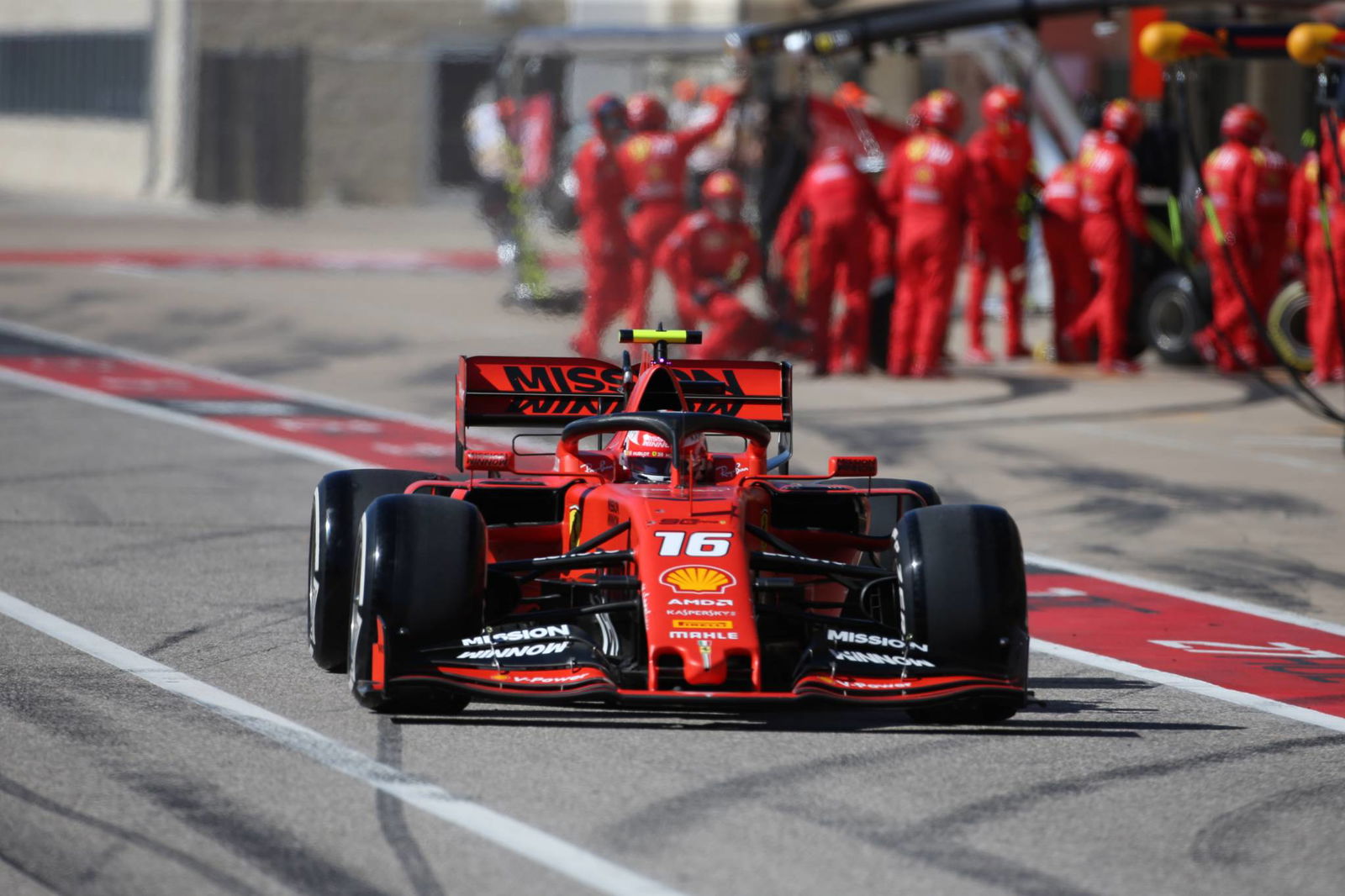Formula 1 launches initiative to become carbon neutral by 2030
Formula 1 has launched a scheme to have a net-zero carbon footprint by 2030.
The championship aims to be carbon neutral by 2030 and ensure that all of its events are sustainable as early as 2025.
F1 plans to eradicate its carbon footprint at race tracks, as well as the processes of transportation of getting staff and equipment to events all around the world.
To do this, F1 says it will “move to ultra-efficient logistics and travel and 100% renewably powered offices, facilities and factories”.

Formula 1 has launched a scheme to have a net-zero carbon footprint by 2030.
The championship aims to be carbon neutral by 2030 and ensure that all of its events are sustainable as early as 2025.
F1 plans to eradicate its carbon footprint at race tracks, as well as the processes of transportation of getting staff and equipment to events all around the world.
To do this, F1 says it will “move to ultra-efficient logistics and travel and 100% renewably powered offices, facilities and factories”.
In a bid to meet its sustainable aim by 2025, F1 will replace single-use plastics with sustainable materials and ensure all waste at events is either reused, recycled or composted.
F1 will also provide every fan attending races with “incentives and tools” to reach events in greener ways, as well as providing opportunities for local people and business to get more involved in the sport.
F1 also wants to progress and develop technologies that further helps to reduce the amount of carbon emissions produced by the current internal combustion engine (ICE), in the ultimate hope of creating the “world’s first net-zero carbon hybrid internal combustion engine”.
The current hybrid power unit is the most efficient car engine in the world in terms of thermal efficiency, with its current rating at 50 percent, which is around 20 percent more efficient than petrol-based engines found in road-cars.
F1 says the plans have been formed after 12 months of work with the FIA, sustainability experts, participating teams, promoters and partners.
“Over its 70-year history, F1 has pioneered numerous technologies and innovations that have positively contributed to society and helped to combat carbon emissions,” said F1 CEO Chase Carey.
“From ground-breaking aerodynamics to improved brake designs, the progress led by F1 teams has benefitted hundreds of millions of cars on the road today.
“Few people know that the current F1 hybrid power unit is the most efficient in the world, delivering more power using less fuel, and hence CO2, than any other car.
“We believe F1 can continue to be a leader for the auto industry and work with the energy and automotive sector to deliver the world’s first net zero carbon hybrid internal combustion engine that hugely reduces carbon emissions around the world.
“In launching F1’s first-ever sustainability strategy, we recognise the critical role that all organisations must play in tackling this global issue,” he added.
“By leveraging the immense talent, passion and drive for innovation held by all members of the F1 community, we hope to make a significant positive impact on the environment and communities in which we operate.
“The actions we are putting in place from today will reduce our carbon footprint and ensure we are net zero carbon by 2030.”
FIA president Jean Todt added: “Our commitment to global environmental protection is crucial.
“The FIA welcomes this Formula 1 initiative. It is not only very encouraging for the future of motorsport, but it could also have strong benefits for society as a whole.
“This strategy is in line with initiatives started some years ago by the FIA with the creation of the Environmental Accreditation Programme, more recently with the FIA Environment and Sustainability Commission, and researches on renewable racing fuel.
“Furthermore, in 2014 we introduced the hybrid power unit in Formula 1, which was essential for the development of motorsport highest category.
“It is the same reason that led us to maintain this philosophy within the framework of the Formula 1 regulations applicable from 2021.
“With the involvement of the teams, drivers, F1’s numerous stakeholders, and crucially the millions of fans around the world, the FIA and Formula 1 are committed to driving development and ensuring motorsport grows as a laboratory for environmentally beneficial innovations.”
Six-time world champion Lewis Hamilton recently defended the use of his social media to promote concerns and raise awareness about environmental issues and was supported by fellow F1 drivers including Sebastian Vettel.


